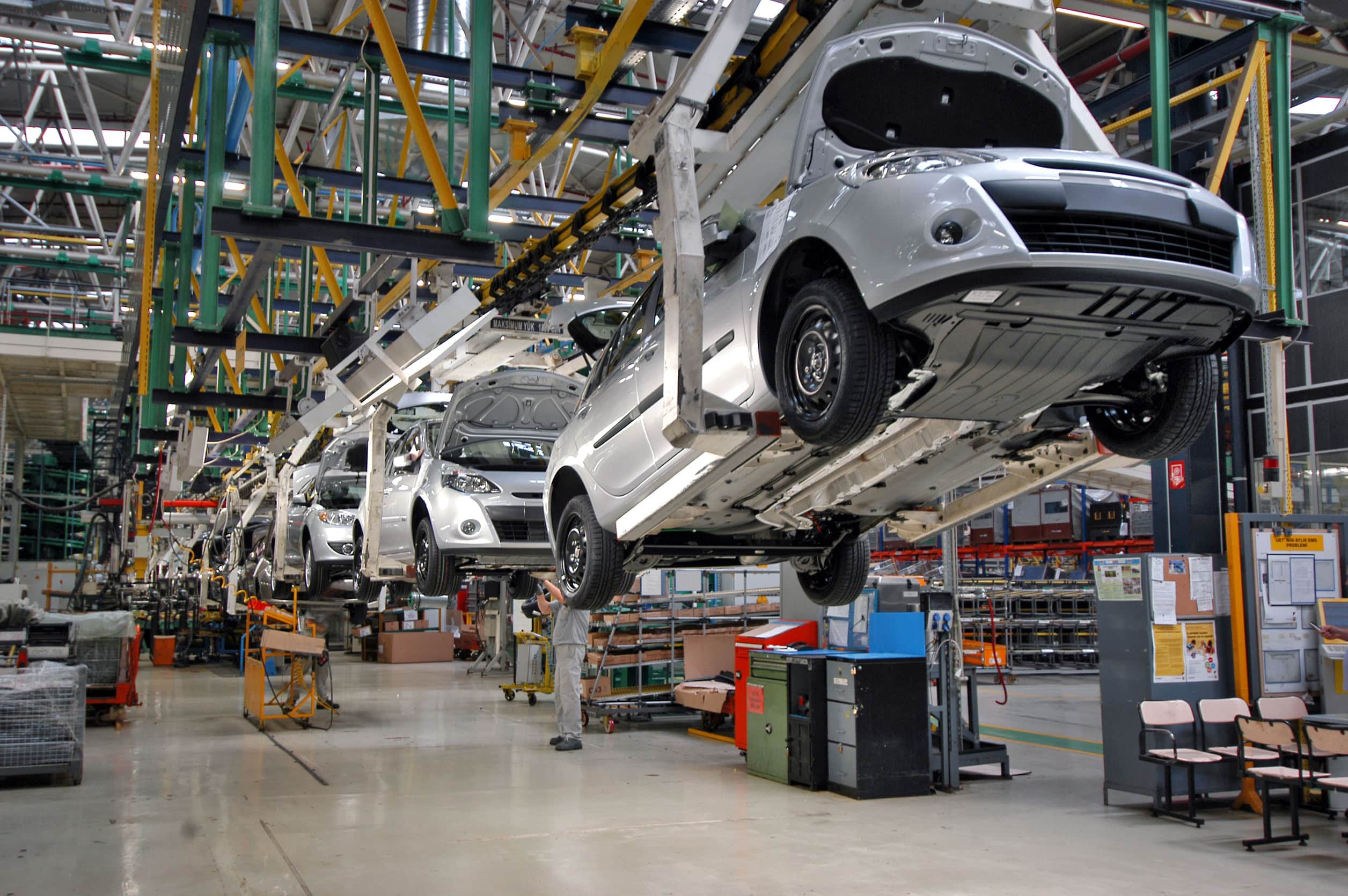One in six car industry jobs are at risk of becoming redundant if help isn’t offered by the government to restart production, according to the UK trade body.
The Society of Motor Manufacturers and Traders (SMMT) said that to reduce large numbers of job losses, emergency funding, permanent short-time working, VAT cuts and business rate holidays will be needed. It stated that many sectors in the motor trade are opening up again, this includes showrooms and production lines restarting.
However, in the month of June alone, more than 6,000 automotive jobs have already been lost. This is a result of many manufacturers and carmakers having large fixed costs to pay, including rent, which isn’t made easy during a period when sales have plummeted. Across the industry, many workers remain on furlough as companies try to figure out how to operate post-lockdown while following social distancing guidelines.
Mike Hawes, SMMT chief executive, said: “A third of our workforce remains furloughed, and we want those staff coming back to work, not into redundancy, [the] government’s intervention has been unprecedented.
“But the job isn’t done yet. Just as we have seen in other countries, we need a package of support to restart; to build demand, volumes and growth, and keep the UK at the forefront of the global automotive industry.”
It is estimated that the impact of the coronavirus pandemic will cut annual car and light commercial vehicle production by 33% this year, approximately 920,000 vehicles. In related news, the industry also awaits news of a deal with the European Union, in addition to assistance with restarting production.
Mr Hawes said that UK car manufacturers could not afford to pay import tariffs on components arriving in the UK from abroad, as the cost would be more than their profit margin. “It is vitally important that the government achieves its ambition, which is a trade agreement before the end of the year,” he added.
After leaving the EU on 31 January, the UK still remains in the single market and customs union until 31 December 2020, while both parties try to negotiate a fair-trade agreement.
The lobby group said: “Certainty that a full, zero-tariff deal will be in place by the end of the transition period will give businesses on both sides chance to prepare, and help drive investment into the new skills, facilities and technologies that will be integral to delivering a zero-carbon future for the UK.”
Car manufacturing in Britain slammed the breaks in April, it was down a colossal 99.7% against the same period last year. Astonishingly, this has been the lowest output since World War Two. Only 197 premium and luxury sports vehicles rolled off factory lines, and just 45 of these were sent to UK customers.
Personal Protective Equipment (PPE) was high on the shopping list for the country, leading some plants to refocus and produce 711,495 items of PPE for health workers.
The British car industry is expected to lose revenues of £12.5bn due to the loss of 400,000 cars that would normally have been produced. In the month of April, 830 new car engines were made at UK plants, 781 of these were exported. Compared to the previous year, the level was down by 99.5%.





